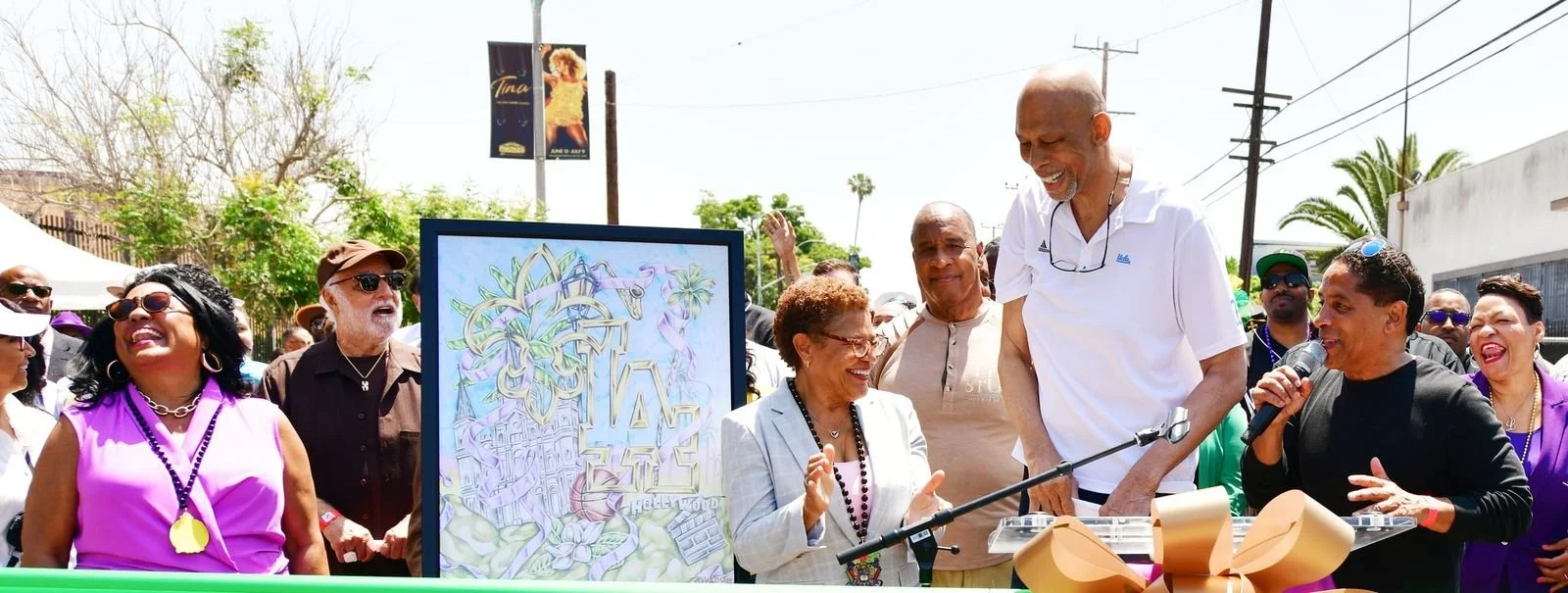“We All Want to Change the World” by Kareem Abdul-Jabbar
★★★★★ Review by Jeff Geoffray
In We All Want to Change the World, Kareem Abdul-Jabbar invites readers to walk with him through more than six decades of American protest—from the 1964 Harlem uprising to the Black Lives Matter movement, from the free speech tables of Berkeley to the women’s marches of 2017. What makes this book more than just a historical reflection is how personal it is. With characteristic clarity, humility, and self-deprecating humor, Abdul-Jabbar traces not just what happened in each movement—but how he changed.
The book is structured around five major social justice movements: free speech, civil rights, anti-war, women’s liberation, and LGBTQ+ rights. In each section, he weaves together historical context, pop culture, protest milestones, and his own coming-of-age as both a public figure and private citizen. Readers who know him as the towering basketball legend will find a different kind of strength here—the kind forged through introspection, courage, and decades of lived commitment.
“Everyone wants change, but no one wants to change.”
At The 431 Exchange, where we support adults striving for second chances through education, this book hit especially close to home. Abdul-Jabbar reminds us that change—real, structural change—is rarely immediate. The people who protest often do so while still suffering. The rewards come slowly, if at all. But as he writes, “Everyone wants change, but no one wants to change.” His message: protest is necessary, even when progress is delayed. Patience isn’t weakness—it’s a form of endurance.
For our community—especially those who know how hard it is to challenge assumptions, resist injustice, and keep going when change feels distant—this book offers not just a mirror, but a path forward. Abdul-Jabbar doesn’t romanticize protest. He clarifies it, and in doing so, honors those who walk the long road anyway.
Highly recommended.
Did you know there is a part of Los Angeles named after New Orleans?
Kareem Abdul-Jabbar (center) joins Los Angeles Mayor Karen Bass, New Orleans Mayor LaToya Cantrell, Councilwoman Heather Hutt, civil rights leader Danny Bakewell, and former Councilman and entrepreneur Martin Ludlow for the ribbon-cutting ceremony inaugurating the New Orleans Corridor in Los Angeles on June 17, 2023. The event, produced by the LA Jazz Festival Foundation, honored the migration of Creole families from Louisiana to Jefferson Park during the Second Great Migration—an enduring chapter in American civil rights history.


